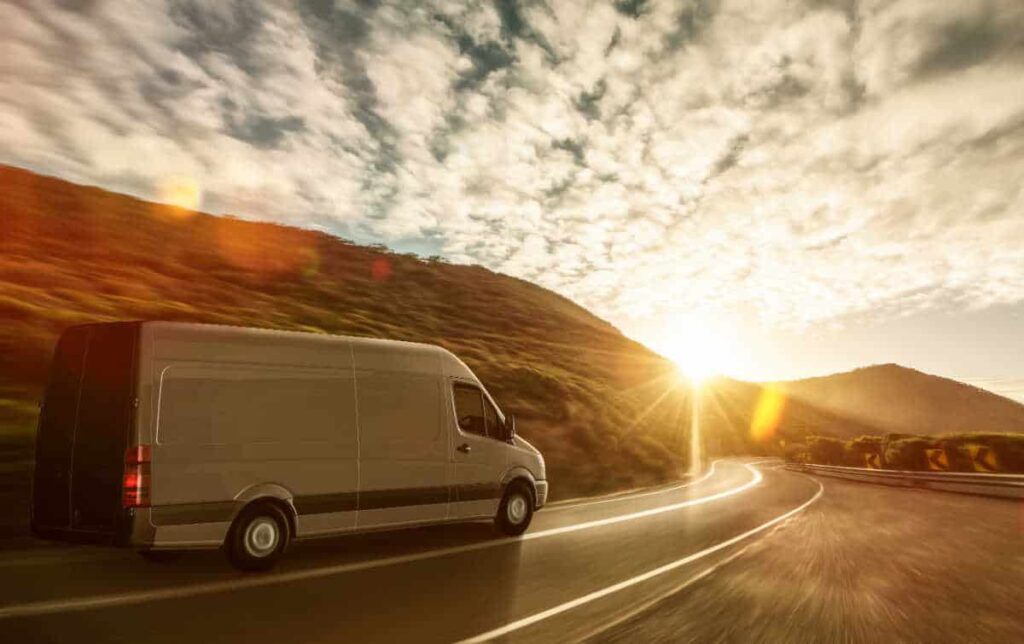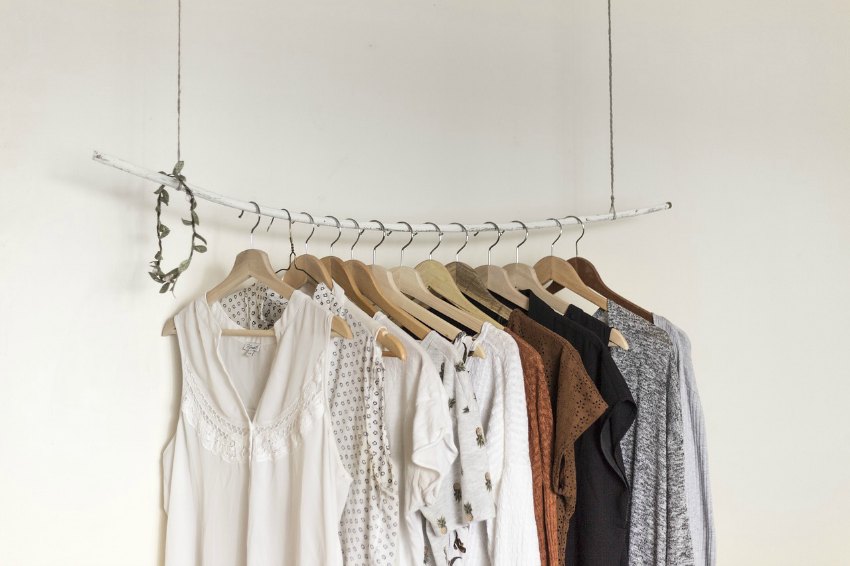Ethical Alternatives To Sports Direct To Know
To support the running costs of Moral Fibres, this post contains affiliate links. This means Moral Fibres may earn a small commission, at no extra cost to readers, on items purchased through these links.
Looking for ethical alternatives to Sports Direct? Try these eco brands with sustainability at the core of their mission.
Sports Direct hit the headlines back in 2016 when a damning government investigation likened the range of shocking practices at their Derbyshire warehouse to that of a ‘Victorian workhouse’. The investigation found appalling working practices and a culture where workers were treated as commodities rather than human beings.
With the widespread bad publicity surrounding the 2016 investigations, you would have hoped that would have been the turning point for Sports Direct. However, in 2017 the BBC reported that Sports Direct broke its promise to axe zero-hours contracts. And then in July 2020, the Guardian reported that Sports Direct workers may have been paid less than the legal minimum wage.
While improvements have been reported, and Sports Direct has promisingly stayed out of the headlines since 2020, it does make you wonder if there are any outdoor brands with sustainability at the core of their operations.
Table of Contents
The Problem with Outdoor & Sports Retailers
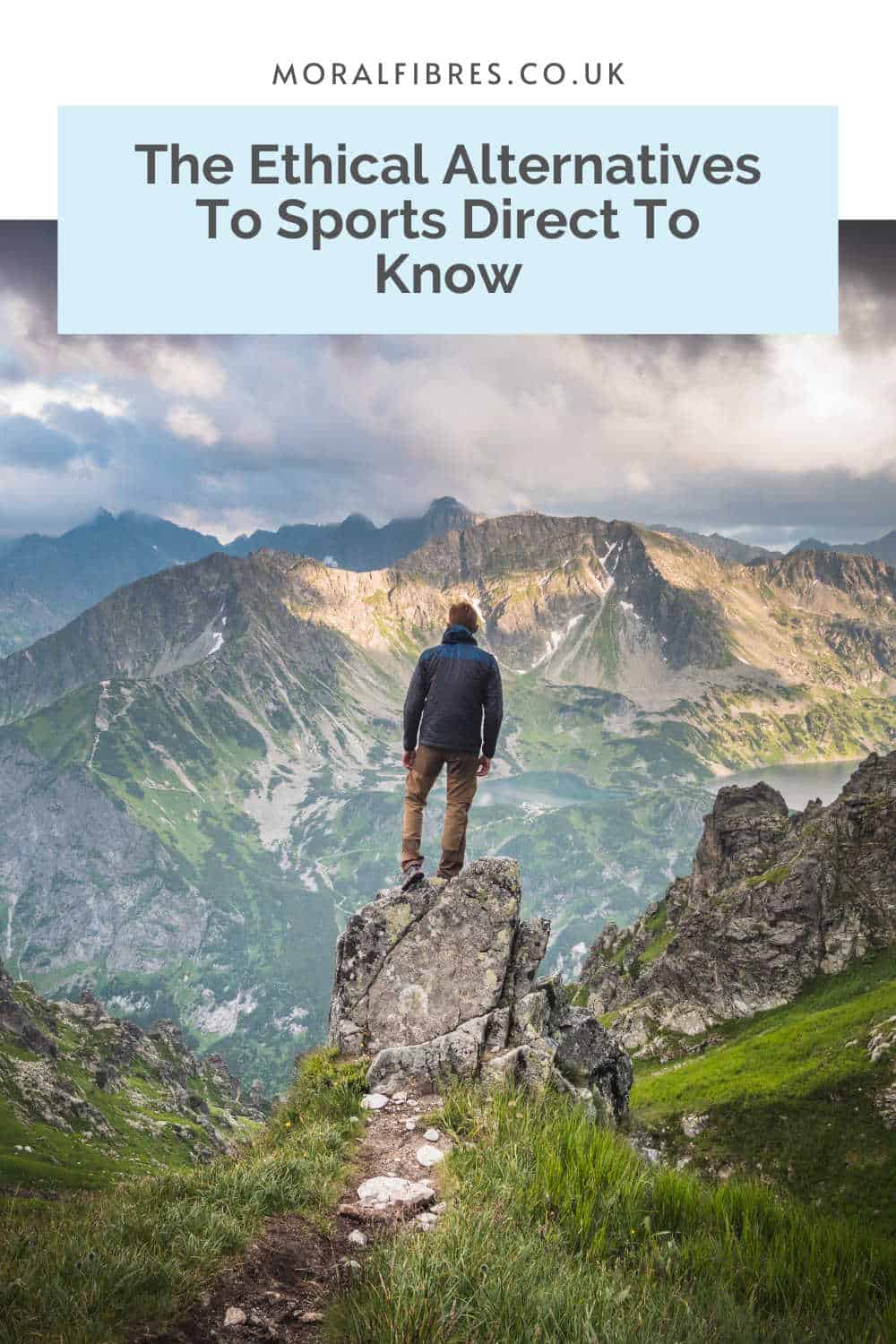
The ultimate irony is that whilst outdoor gear companies, like Sports Direct, depend on a pristine environment for their profitability, many brands show a total disregard for the environmental impact of their businesses. Here are just some of the ethical issues facing outdoor retailers:
A Lack Of Transparency
Clothing brands often operate with a lack of transparency, making it challenging to trace the origins of their clothes. This lack of accountability allows unethical practices to thrive unchecked.
Yet despite increased pressure for greater transparency in the fashion industry, many major brands don’t disclose information about their supply chains. Fashion Revolution’s 2023 Fashion Transparency Index shows that 45% of the world’s largest clothing brands disclose little or no information about their supply chain.
Toxic Chemicals
The production of clothing often relies on the use of toxic, persistent substances such as PVC, dyes, and adhesives that can cause harm to workers and the environment.
However, one of the key issues specific to outdoor clothing is the use of hazardous chemicals in clothing production, including the use of per- or polyfluorinated chemicals – also called PFAS, fluorochemicals, PFC chemicals or forever chemicals – which are used to make outdoor gear waterproof.
PFAS are highly toxic and persistent hormone and reproductive disruptors that can accumulate in the food chain and can harm humans and the environment. So far PFAS have been found in drinking water, in our food and even on Mount Everest. Although there are alternative substances on the market that do the same job, and a transition to their usage is underway, Bloomberg reports that it’s still surprisingly difficult for consumers to figure out what they’re buying.
Animal Rights Issues
You might not immediately think that animal rights would be something that outdoor retailers would need to concern themselves with. However, the use of animal products is widespread within the industry. Think down jackets, merino wool sweaters and socks, and of course leather use in bags and shoes.
Despite clear animal rights issues associated with live plucking of birds for down collection and the use of ‘mulesing’ (anaesthetised removal of skin in sheep to prevent flystrike) in the production of merino wool, many outdoor retailers have no clear policies on how they ensure responsible sourcing of these materials.
Including the pollution risk of not controlling the production of leather in tanneries, and there are clear ethical concerns.
Ethical Alternatives to Sports Direct
The picture looks pretty bleak for outdoor retailers. However, I’ve found quite a few ethical brands out there, offering alternatives to Sports Direct, that put sustainability at the core of their business.
The price range key for this guide is:
£ = Under £50 | ££ = £50 – 100 | £££ = £100+
Girlfriend Collective
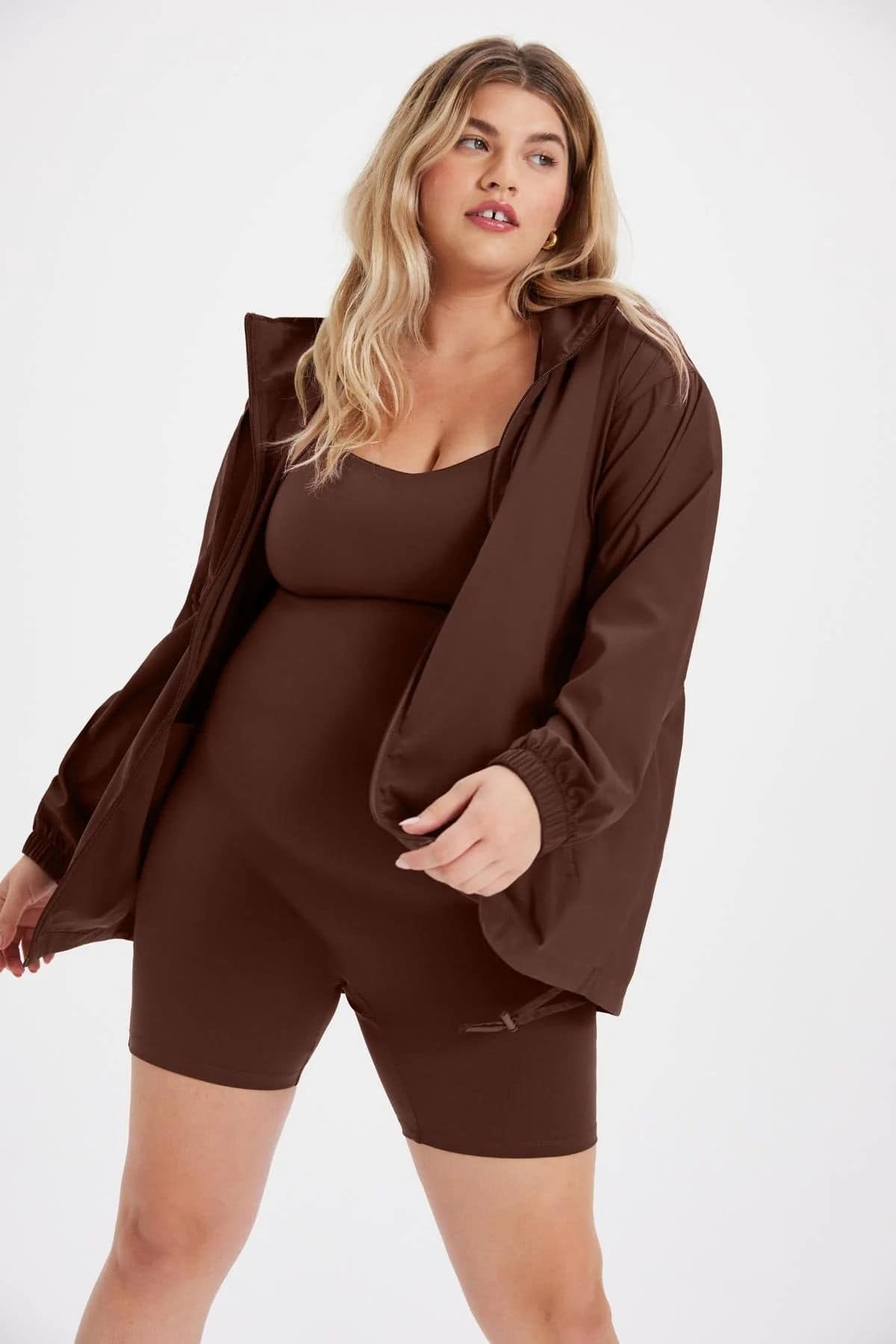
Budget: ££
Caters for women – sizes XS – 6XL
Girlfriend Collective – available in the UK at John Lewis – is an ethical clothing brand that makes inclusively-sized and ethically-made activewear for women from recycled materials. These are then dyed using eco-friendly dyes for the smallest environmental footprint possible.
What’s more, in true circularity, Girlfriend Collective will take back your old Girlfriend pieces to turn them into brand-new Girlfriend pieces – helping to keep your unwanted clothing out of landfill.
Findra
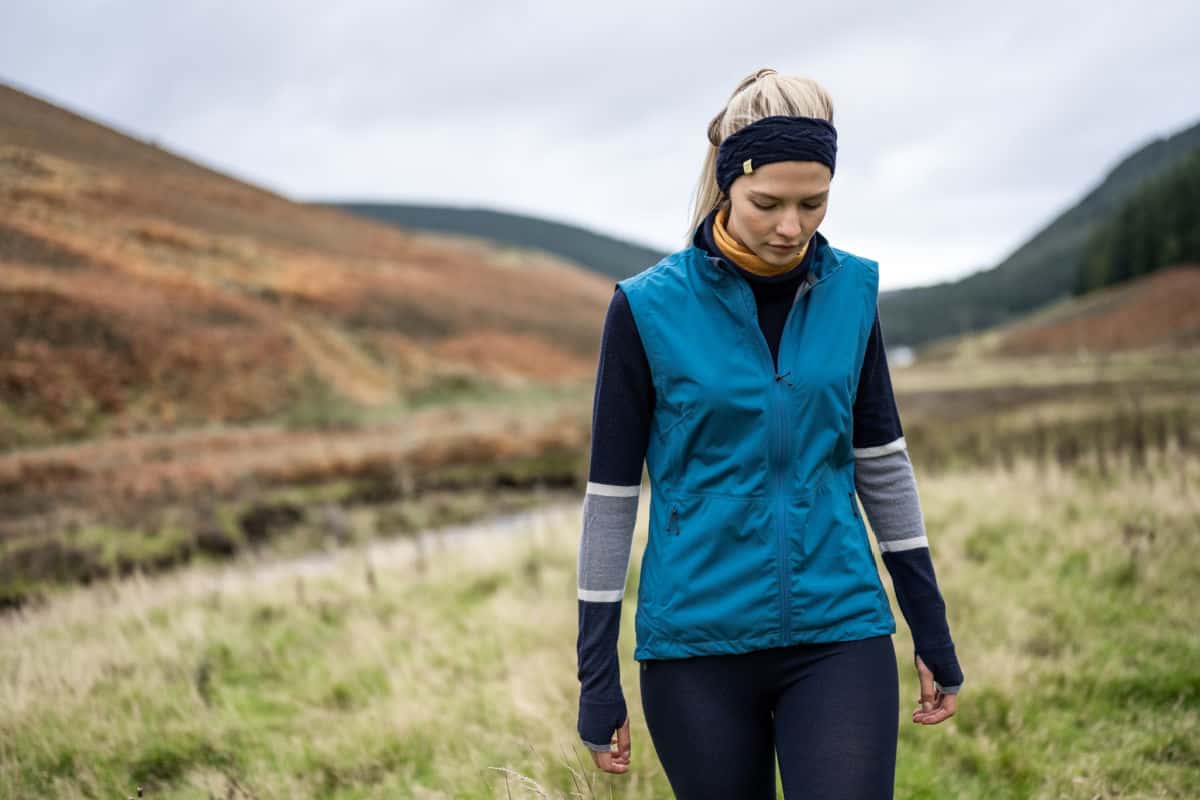
Budget: ££ – £££
Caters for women – UK sizes 8 – 20
Women’s outdoor clothing specialist Findra subscribes to the ethos of slow fashion. As you would then expect, its outdoor staples – including tops, t-shirts, leggings, trousers and baselayers – are stylish, timeless and can be mixed and matched, so you can build a sustainable wardrobe piece by piece.
All of Findra’s raw materials have been chosen and sourced for their sustainability credentials as well as their comfort.
What I also love is that the majority of its collection is made ethically in the UK. Findra also offers a reasonably priced repair service for your Findra clothing, should it get damaged.
Cotopaxi
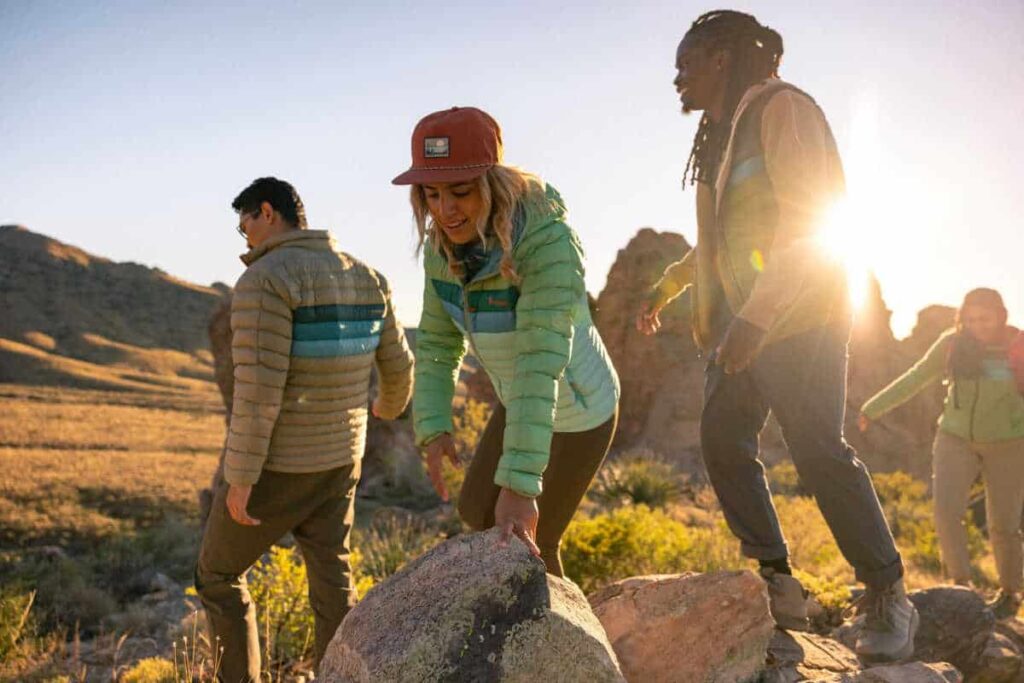
Budget: £ – £££
Caters for: men (sizes S – XL) and women (sizes XS – L)
US outdoor brand Cotopaxi – available in the UK at Ann’s Cottage – is all about ‘gear for good’. What this means in practice is that Cotopaxi has rigorous ethical manufacturing standards. It’s certified climate-neutral. Plus Cotopaxi even offers a grant scheme that supports organisations fighting global poverty.
What’s to also love about Cotopaxi is that it prioritises the use of recycled, reclaimed and repurposed fabrics. It often makes use of leftover fabrics discarded by other manufacturers for a zero-waste approach to manufacturing. The result is a vibrant patchwork-style design that stands out above other retailers.
Patagonia
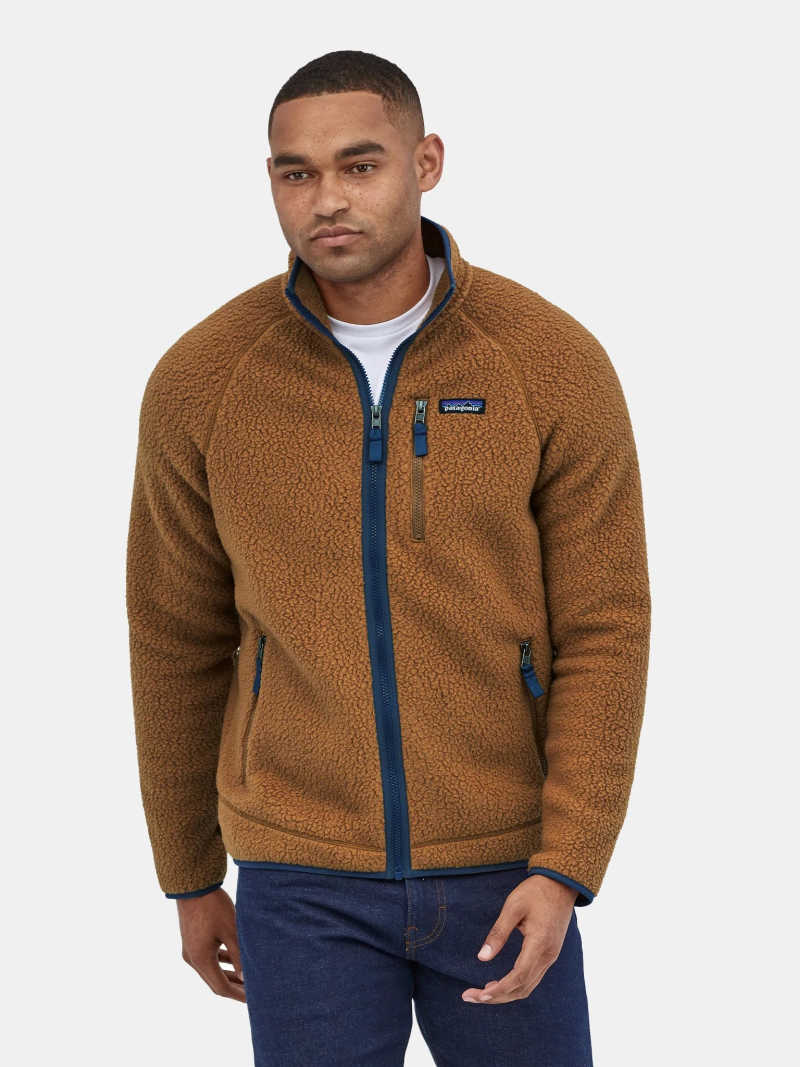
Budget: £££
Caters for: men (XS – XXL) and women (XS – XL)
US sustainable outdoor brand Patagonia – available in the UK at Ellis Brigham – is another great ethical alternative to Sports Direct to know.
Patagonia creates high-quality technical clothing that’s designed to last. To ensure your clothes go the distance, Patagonia offers a handy free repair service. It also offers advice on carrying out your own repairs via its helpful website.
It’s not just about durability. Patagonia also prioritises sustainable fabrics. As such, a high proportion of Patagonia’s materials are made from recycled fabrics – including polyester, nylon, and wool. Meanwhile, all of the cotton Patagonia uses is certified organic by the Global Organic Textile Standard (GOTS).
TenTree

Budget: £ – £££
Caters for: sizes XXS – XXL
TenTree is a Canadian ethical clothing company – available in the UK via Wildbounds – that makes stylish ethically and sustainably produced outdoor and casual wear for men and women.
As a certified B-Corp, every TenTree item is ethically made using only sustainable fabrics. This includes Tencel, recycled polyester, organic cotton, and hemp.
True to its name, TenTree also plants 10 trees for every item you purchase. This is carried out in partnership with various reforestation charities, such as Trees for the Future, to ensure meaningful and sustainable replanting.
Picture Organic
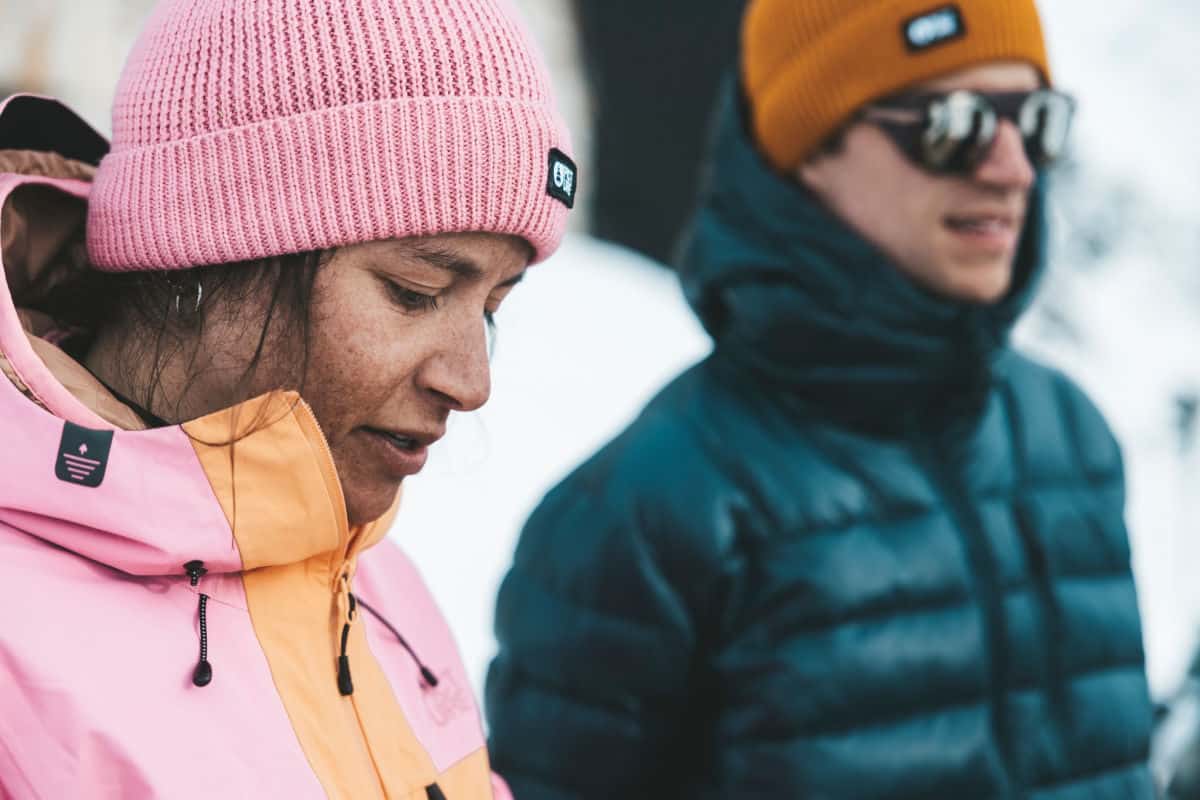
Budget: ££ – £££
Caters for: men (S – XXL) and women (XS – L)
French ethical outdoor clothing brand Picture Organic Clothing – available in the UK at Wildbounds – is committed to sustainable, conscious design. As such, all of its high-quality clothing is made from recycled, organic or responsibly sourced materials.
This doesn’t make its clothing bland. You’ll find unique designs and bright colours that stand out from other retailers. And it’s not style over substance either. Designed for active outdoor lifestyles, by snowboarders themselves, its ethical outdoor gear will keep you warm and dry despite the conditions.
Rather than stopping there, Picture goes further. To minimise waste, any fabric waste is salvaged and used to line its range of performance jackets.
And if you get into a scrape in the outdoors, then worry not. You can take advantage of Picture’s lifetime repairability (available on its technical ethical coats). Here, Picture Organic Clothing will repair the seams, zippers, buttons and possible loss of accessories (such as patches and cords) during the lifetime of the product – free of charge – to help beat waste.
The Bottom Line
Sports Direct may have a pretty chequered history, however, there are plenty of ethical alternatives out there. From brands that prioritise organic or recycled fabrics to brands that plant trees and offer free repair services, it’s well worth a look into these sustainable alternatives.
Reader Note: This post was originally written by Georgina Rawes of Ethical Consumer Magazine for Moral Fibres, and was on 19th October 2016. The post was significantly rewritten and altered by Wendy on 18th January 2024 to provide readers with more up-to-date information and resources.
Found this post useful? Please consider buying me a virtual coffee to help support the site’s running costs.

